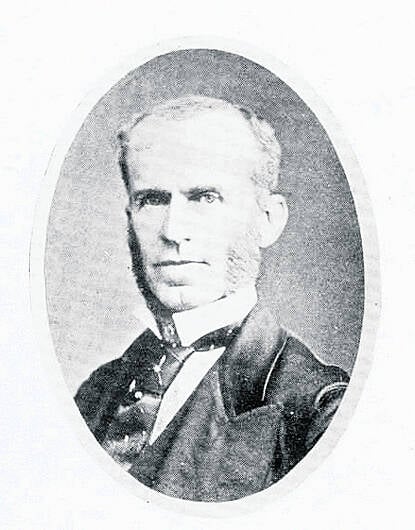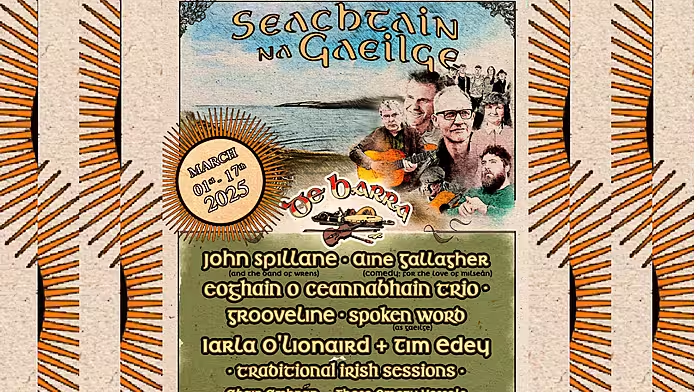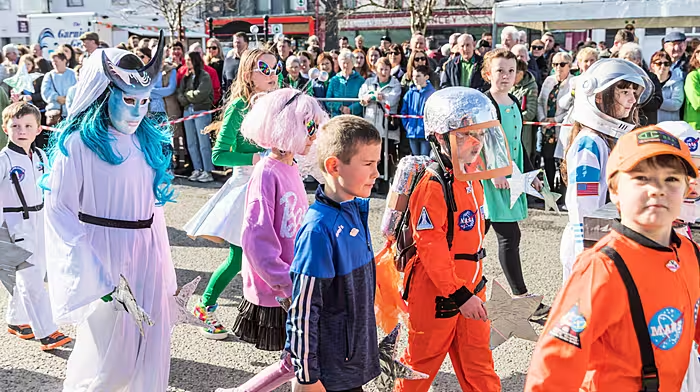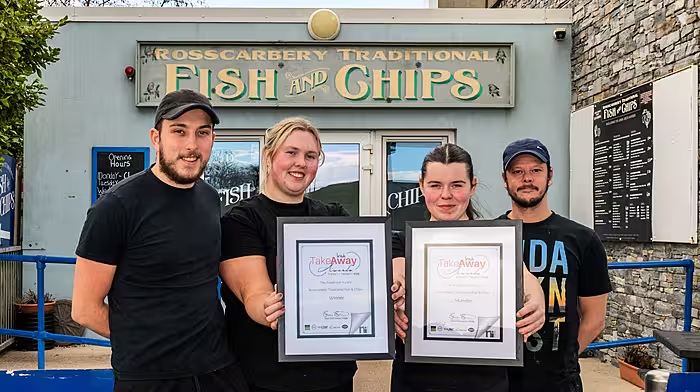Robert Hume is shocked by a distressing tale of ‘English brutality’ that touched Skibbereen hearts 150 years ago
BEHIND the walls of the Skibbereen Union Workhouse on Windmill Hill, on July 4th 1867, the board of guardians are questioning paupers seeking admission.
Only the most destitute have come, for inside the workhouse families will be split up, made to sleep on platforms, and face a diet of bread and stirabout.
Suddenly, ‘a very respectable looking’ young woman with four neatly dressed children presents herself. The oldest child, a girl, is nine years old; the youngest a mere 15 months.
The woman gives her name as Mrs Mary Horrigan. She is 28 years old, and says she had been born locally, in Castlehaven.
When she was a baby, one year old, her mother had carried her aboard ship for England, where she had lived ever since.
For the last 10 years she had resided in a ‘comfortable’ little house in Woolwich, Kent, with her husband, Michael, a soldier from Derry who had served in the Queen’s army for 21 years.
Their older children attended school there, and would lose their place if they did not return, the young woman said, bursting into tears.
Since her husband went to serve in China at Christmas, she had found it difficult to support them from her wages as a cleaner and washerwoman, so for the first time in her life she applied to the Woolwich guardians for assistance. They agreed to provide her half a crown to cover her rent, and two loaves of bread a week.
But about Easter time it came to their attention that she had been born in Ireland, and they began taking steps to send her back.
She pleaded with them to let her stay, she would receive her regular 15 shillings a month from her husband the following Monday.
When he returned, in six months’ time, they would have his pension to live off. She would not trouble them again with requests for help.
But the Woolwich guardians refused to listen. Instead they made her place her mark on some papers. Unable to read or write, Mary hadn’t the faintest idea what these papers said.
She could scarcely believe her ears when a magistrate ordered her to be sent to Ireland – without further ado. If she did not go she faced six months’ imprisonment.
A policeman saw that she packed. She locked her front door and left the key with a friend.
Although her mother lived in a house in nearby Deptford, Mary was bundled away before she could contact her or her family.
All the while she kept begging to be allowed to stay. But she was ignored, and another policeman was called to see that she moved on.
Eventually she and her little ones arrived in Bristol.
After 24 hours at sea, they reached a lodging house in Cork, where they were given a cup of tea, and then taken to Skibbereen.
‘You would cry to see her condition on Sunday when she arrived here,’ said one guardian.
‘I could cry this moment for the poor creature’s position,’ exclaimed Timothy McCarthy Downing, another guardian.
Of the many acts of cruelty he had heard about, none came close to the ‘monstrous’ and ‘brutal’ treatment of this poor woman and her four little children, banished from their family home simply because she happened to be born in this ‘unfortunate portion of her Majesty’s dominions’.
‘I will undertake that you will be sent back if I have to pay every shilling of it myself,’ continued Downing.
Aside from the heartlessness shown, it emerged that the actions taken were also illegal. Under the law, as soon as the Horrigans had lived in England for five years, they were entitled to settlement there.
The Skibbereen guardians wrote a strong letter of protest to the Poor Law Commissioners, and asked the Irish press to expose the cruelty of the English authorities.
Each guardian readily contributed half a crown towards sending Mrs Horrigan and her family back to England.
Doubtless they were also mindful of the costs to Skibbereen’s own ratepayers of taking a large family into the workhouse, where there were already 335 inmates.
But their overriding emotions were horror, revulsion and pity.
And so, Mary Horrigan and her children were eventually returned to their ‘once happy home’, and a kind of justice was done.
Today there would be calls for compensation.










